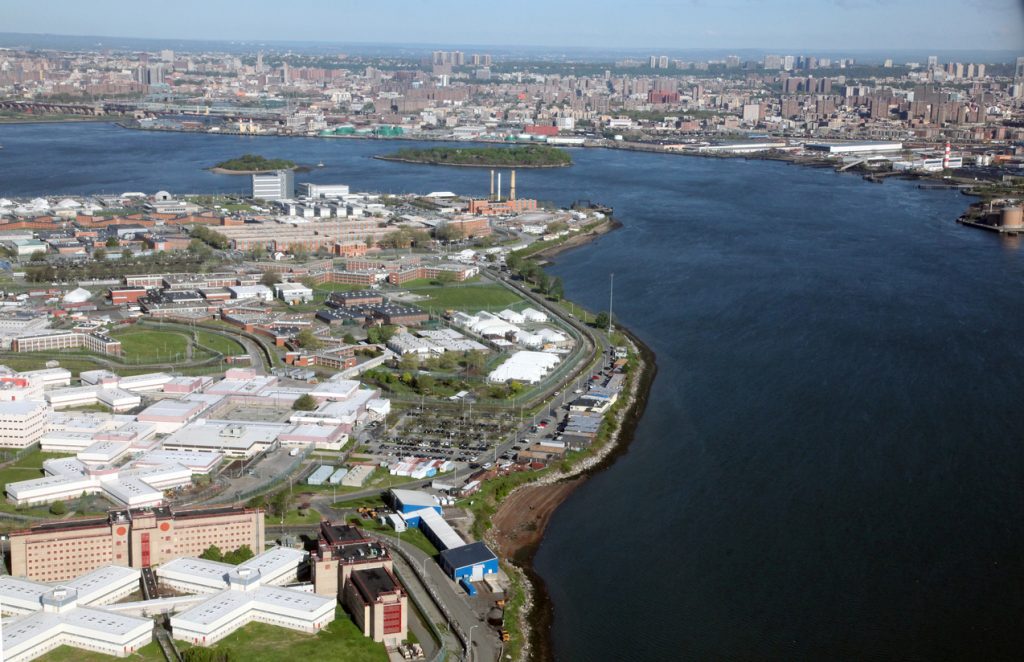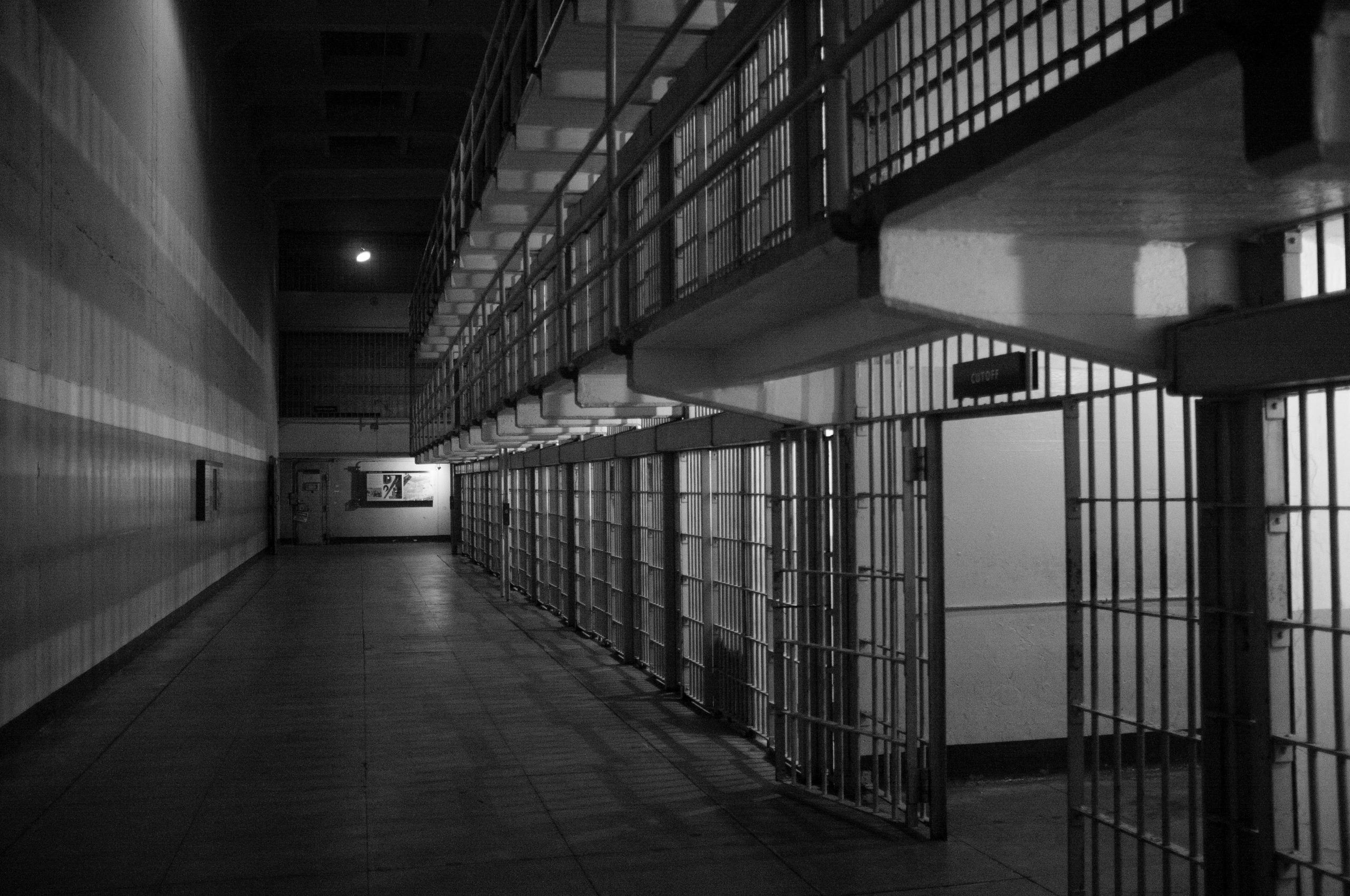The conditions at Rikers Island are atrocious. Now, they’re finally getting the attention of lawmakers and the media. A week ago, New York politicians went to Rikers. The conditions they saw were alarming. They saw cells crammed with a dozen or more men. They saw shower stalls turned into cells. And they even saw garbage, feces, rotting food and dead cockroaches all over the floor.
Rikers prisoners, their loved ones and advocates have been calling on lawmakers to do something about Rikers for years. Now, at least one politician has heard those calls: Governor Kathy Hochul. At the end of last week, the New York Times reported that Gov. Hochul would use her power to order the release of 191 of the people locked up at Rikers. She also transferred 200 of them to other facilities.
Gov. Hochul released the 191 detainees based on a new law.
Gov. Hochul’s decision to release the 191 people relied on a new law. The law allows her to reduce jail populations by ending the practice of locking up people for technical parole and probation violations. According to research by the Council of State Governments Justice Center, technical violations account for approximately one-quarter of states’ jail and prison populations.
For the 191 people who were released under Gov. Hochul’s order, this is good news. But it’s still bad news for the more than 5,000 people left to suffer in the horrific conditions on Rikers. Back in early 2020, officials released a wave of incarcerated people because of the COVID-19 pandemic (unlike some other prisons). This reduced the total population to below 4,000. But, as of Friday, there were still more than 6,000 people incarcerated on Rikers.

New York lawmakers need to fix cash bail next.
What makes things worse is that most of those 6,000-plus have not been convicted of a crime. Instead, they are currently presumed innocent, waiting for trial. And, in most cases, for the sole reason that they can’t afford cash bail. Fixing the problems with the cash bail system should come next. But it probably won’t.






